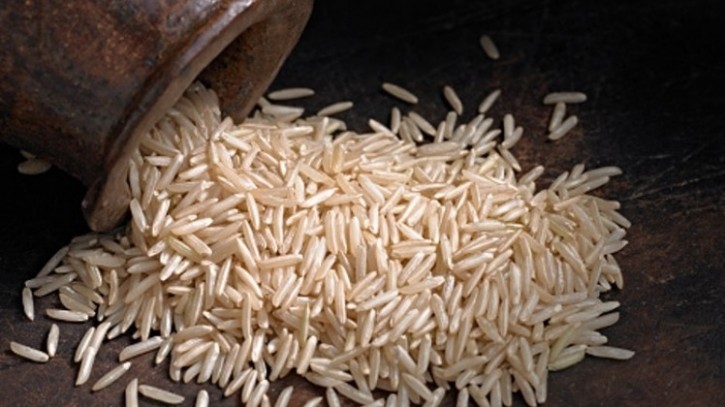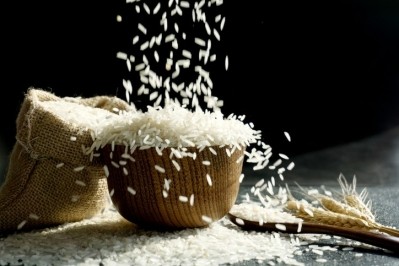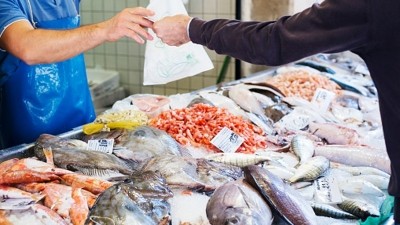Tracing rice fortification: India orders firms to adopt traceability application to prevent adulteration

India has mandated the fortification of various food staples progressively since 2019 in an effort to reduce malnutrition in the country, with rice being a key target for iron, vitamin B9 and vitamin B12 fortification.
But adulteration has been rife, not least because it costs more to manufacture such products - Adulteration here pertains more to cases of false or fraudulent claims being made regarding the fortification content of the rice e.g. the iron content not being added in sufficient amounts to meet mandatory standards, and not to the presence of unsafe substances in the rice.
In order to nip these issues in the bud, FSSAI has ordered all relevant rice producers to integrate the Fortified Rice Traceability (FoRTrace) Application into their operations, having made this a core part of the national Food Safety and Compliance System (FoSCoS).
“All manufacturers of the [fortified] Premix of Food Rice Kernels (FRK) and FRK itself must upload lab test reports of every batch of their production on FoSCoS along with the declaration of the source of iron and the blending ratio,” FSSAI Regulatory Compliance Division Director Rakesh Kumar said via a formal statement.
“We recognise that there are inherent complexities in rice fortification involving multiple stakeholders and issues related to transparency, quality control and traceability [so have] seamlessly integrated the FoRTrace application with the FoSCoS.
“This application aims to unite the diverse stakeholders engaged in rice fortification onto a single platform and foster transparency in record-keeping regarding production, raw materials and sales to enable end-to-end traceability within the value chain.”
Fortified rice producers are also required to maintain daily records of their production, raw material utilisation and sales as well as ensure Clean-In-Place systems for regular cleaning of their machines and equipment where necessary, as part of their conditions of licensing.
“All state and UT authorities are to come forward and adopt the ForTrace portal to enhance traceability, in order to strengthen the quality of fortified rice in their jurisdiction,” Kumar added.
“Local authorities should instruct the food firms in their jurisdiction to feed in the procurement, production and sales data to the FoRTrace portal, as well as direct the relevant departments or authorities to only procure from firms which data is available in the portal.”
Fortified rice is made available to the public via India’s public food distribution systems, in addition to other staples such as fortified wheat and fortified salt. Cereal products, bakery products and fruit juices also have fortification standards but these are not compulsory.
Laboratories to handle fortification queries
FSSAI is also working on adjusting the number of nationally-recognised and notified laboratories for testing the micronutrients in fortified rice samples in order to ensure failed samples can be removed from the supply as soon as possible.
As of March 2024, there are 44 laboratories nationwide equipped to test for iron, vitamin B9 and vitamin B12 in fortified rice; 22 that can do this for fortified rice kernels, and 10 that can do this for vitamin-mineral premixes meant to go into rice fortification.
“The laboratories must accept the rice or premix samples for testing if they have valid accreditation status,” FSSAI stated.

















